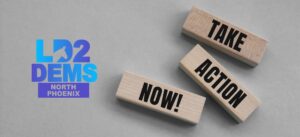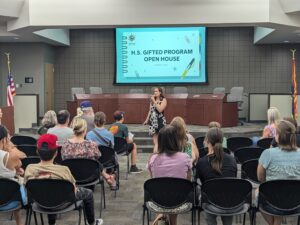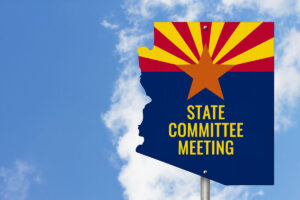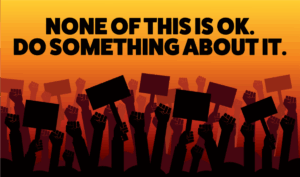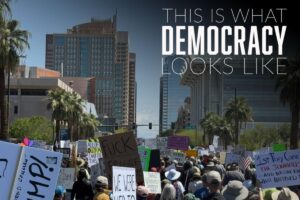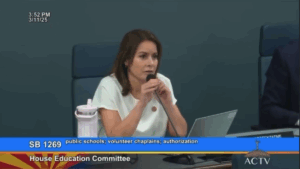The Impact of Current Social Media on Democracy: Propaganda & AI
At last night’s LD2 meeting, we had the privilege of hosting a powerful discussion on the impact of social media on democracy, propaganda, and artificial intelligence (AI). The panel featured Ramses Ja and Q Ward of Civic Cipher, moderated by Dr. Camilla Westenberg. This conversation explored how digital platforms shape public perception, spread misinformation, and influence political engagement.
Civic Cipher's Mission & Community Impact
Ramses and Q shared their journey from radio broadcasting to launching Civic Cipher, a nationally syndicated show focused on social justice and media accountability. Their fight against discrimination in the industry—including calling out a station for refusing to feature a “Black show”—demonstrates the power of speaking truth to power. Their work now reaches over 100 stations nationwide, amplifying critical conversations on race, media, and democracy.
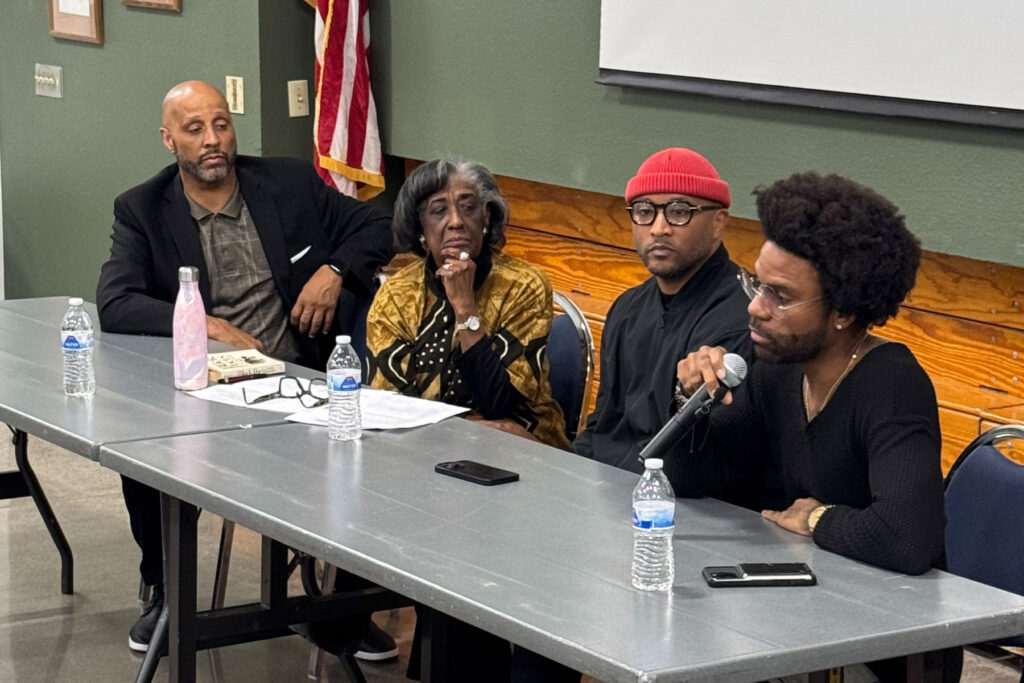
Social Media's Role in Democracy & Misinformation
The discussion centered on the dangers of misinformation and propaganda, especially in today’s polarized political landscape. Panelists examined how social media algorithms prioritize engagement over accuracy, leading to the rapid spread of false narratives. AI-driven content—such as deepfakes and manipulated news—makes it more challenging than ever for voters to distinguish fact from fiction.
To combat misinformation, the Ramses and Q emphasized:
• Media literacy – Encouraging people to verify sources before sharing content.
• Community-based platforms – Supporting independent media outlets that prioritize factual reporting.
• Responsible engagement – Using social media not just to react, but to inform and organize for change.
Allyship, Political Climate, & Proper Propaganda
The conversation also touched on allyship and steadfast activism in today’s political climate. Ramses and Q discussed the importance of “Proper Propaganda” (the working title for their upcoming book)—a commitment to countering falsehoods with truth while staying firm in progressive values. They also reflected on the ongoing struggles against voter suppression, racial injustice, and systemic inequality, stressing the need for collective action and political engagement.
Breaking the Cycle of Disinformation
One of the most pressing questions from the panel was: How do we break the cycle of false information?
✔️ Vetting every source before sharing – Disrupting misinformation requires diligence.
✔️ Engaging with those open to learning – Some minds may never change, but many voters can be reached with truth and consistency.
✔️ Recognizing shared humanity – While social media often deepens division, real conversations and community efforts can bridge gaps.
Closing with a Powerful Reminder
The discussion closed with a powerful reminder: We cannot afford to be passive consumers of information—we must actively challenge misinformation, support truth-based journalism, and use social media as a tool for empowerment rather than manipulation.
We are grateful to Ramses Ja, Q Ward, and Dr. Camilla Westenberg for leading this important conversation. Their insights reaffirm that defending democracy in the digital age requires awareness, accountability, and action.
📢 For more from Ramses Ja and Q Ward, check out their nationally syndicated radio show! You can listen on the radio on Saturdays at 7 AM on KKFR Power 98.3FM or listen online at anytime!

